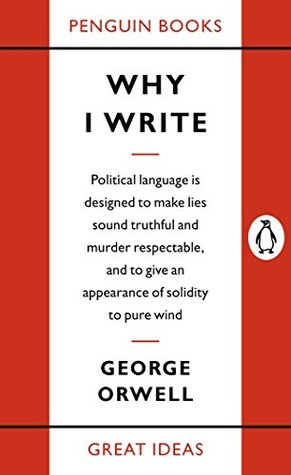More on this book
Community
Kindle Notes & Highlights
I suggest that the following six-point programme is the kind of thing we need. The first three points deal with England’s internal policy, the other three with the Empire and the world: 1. Nationalization of land, mines, railways, banks and major industries. 2. Limitation of incomes, on such a scale that the highest tax-free income in Britain does not exceed the lowest by more than ten to one. 3. Reform of the educational system along democratic lines. 4. Immediate Dominion status for India, with power to secede when the war is over. 5. Formation of an Imperial General Council, in which the
...more
1. Nationalization. One can ‘nationalize’ industry by the stroke of a pen, but the actual process is slow and complicated. What is needed is that the ownership of all major industry shall be formally vested in the State, representing the common people.
2. Incomes. Limitation of incomes implies the fixing of a minimum wage, which implies a managed internal currency based simply on the amount of consumption goods available.
3. Education.
We could start by abolishing the autonomy of the public schools and the older universities and flooding them with State-aided pupils chosen simply on grounds of ability.
4. India.
For at least eighty years England has artificially prevented the development of India, partly from fear of trade competition if Indian industries were too highly developed, partly because backward peoples are more easily governed than civilized ones.
Lord Halifax, and all his tribe, believe that when the war is over things will be exactly as they were before. Back to the crazy pavement of Versailles, back to ‘democracy’, i.e. capitalism, back to dole queues and the Rolls-Royce cars, back to the grey top hats and the sponge-bag trousers, in saecula saeculorum. It is of course obvious that nothing of the kind is going to happen. A feeble imitation of it might just possibly happen in the case of a negotiated peace, but only for a short while. Laissez-faire capitalism is dead. The choice lies between the kind of collective society that Hitler
...more
Most people who bother with the matter at all would admit that the English language is in a bad way, but it is generally assumed that we cannot by conscious action do anything about it. Our civilization is decadent, and our language – so the argument runs – must inevitably share in the general collapse.
Dying Metaphors.
Operators, or verbal false limbs.
Pretentious diction. Words
Meaningless words.
The whole tendency of modern prose is away from concreteness.
A scrupulous writer, in every sentence that he writes, will ask himself at least four questions, thus: What am I trying to say? What words will express it? What image or idiom will make it clearer? Is this image fresh enough to have an effect? And he will probably ask himself two more: Could I put it more shortly? Have I said anything that is avoidably ugly?
What is above all needed is to let the meaning choose the word, and not the other way about.
I think the following rules will cover most cases: i. Never use a metaphor, simile or other figure of speech which you are used to seeing in print, ii. Never use a long word where a short one will do. iii. If it is possible to cut a word out, always cut it out. iv. Never use the passive where you can use the active. v. Never use a foreign phrase, a scientific word or a jargon word if you can think of an everyday English equivalent. vi. Break any of these rules sooner than say anything outright barbarous. These rules sound elementary, and so they are, but they demand a deep change of attitude
...more


